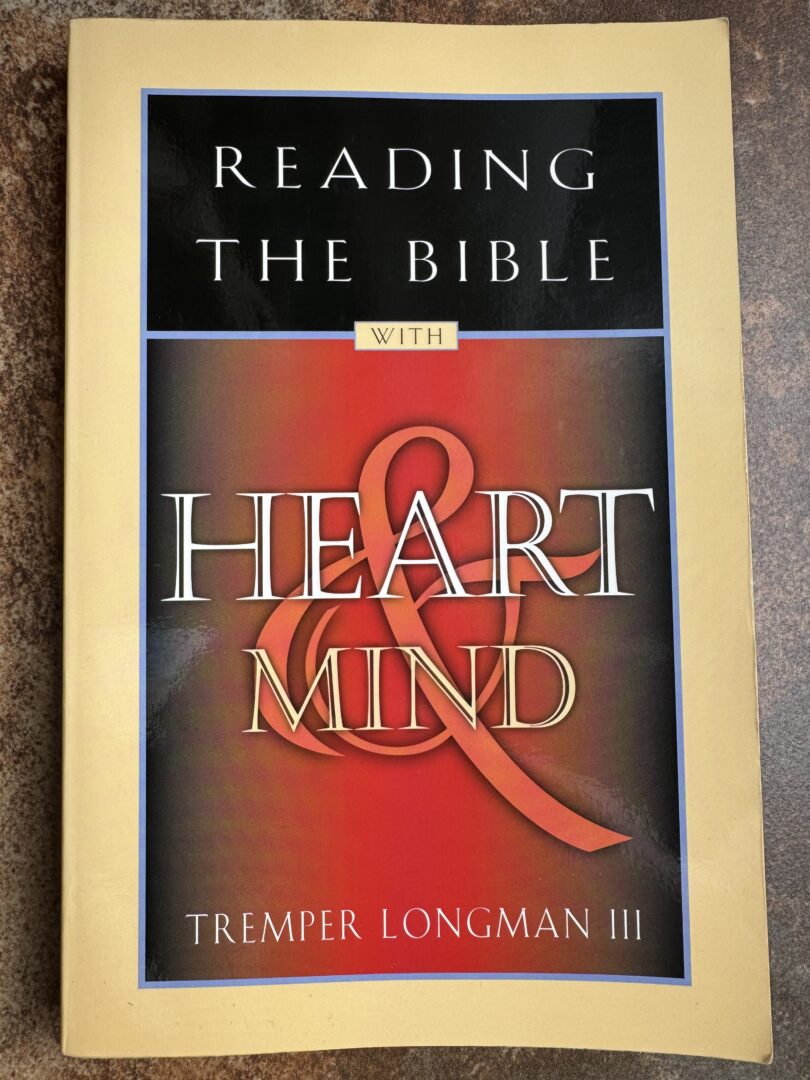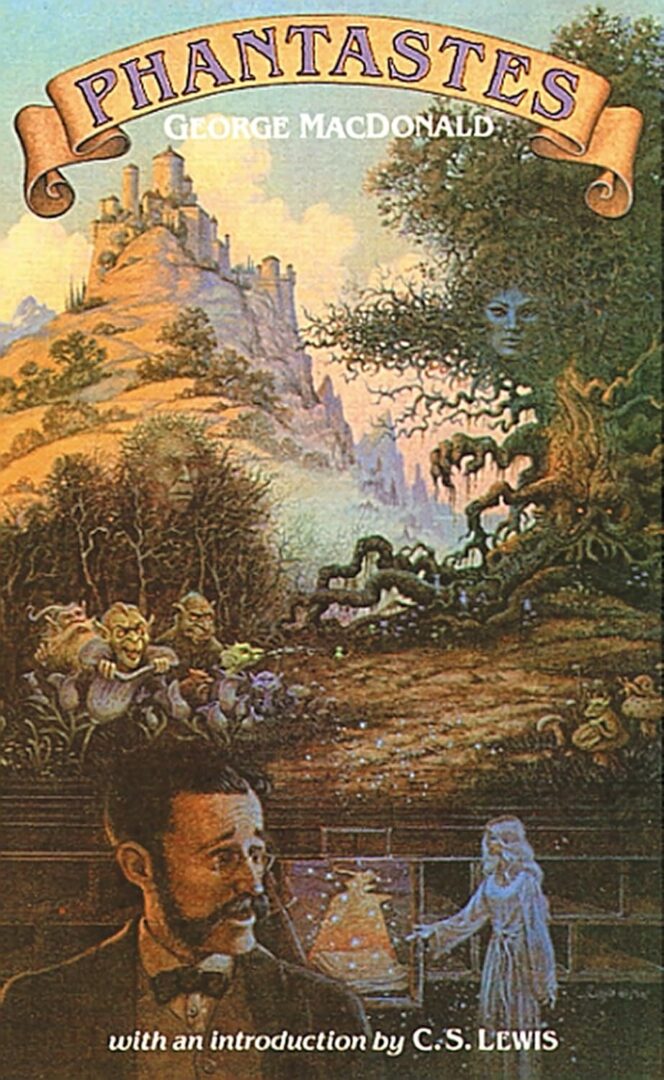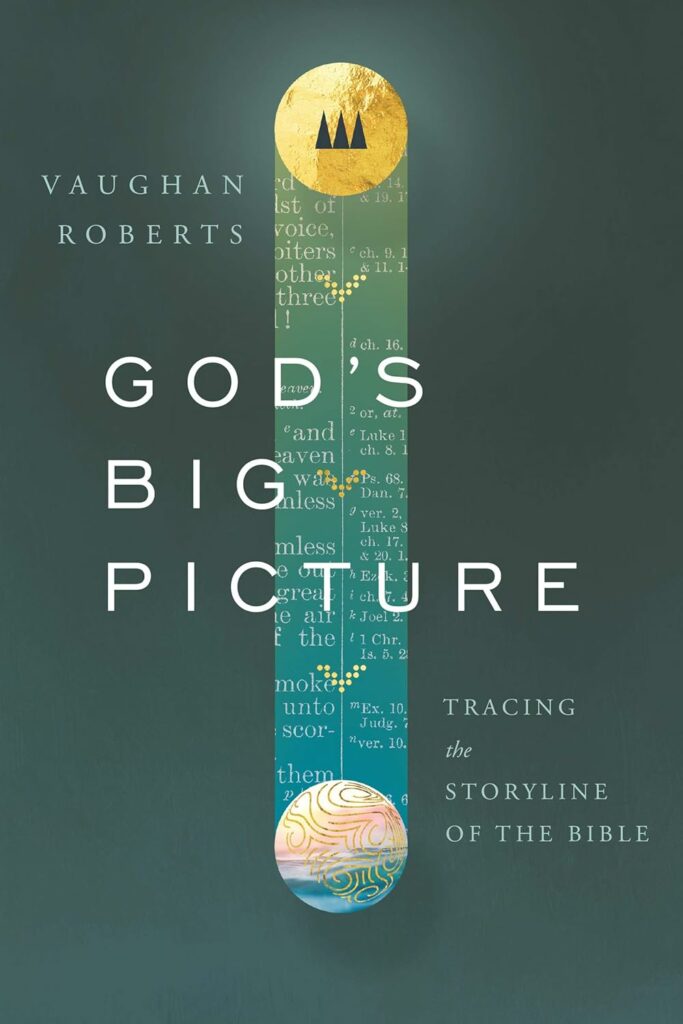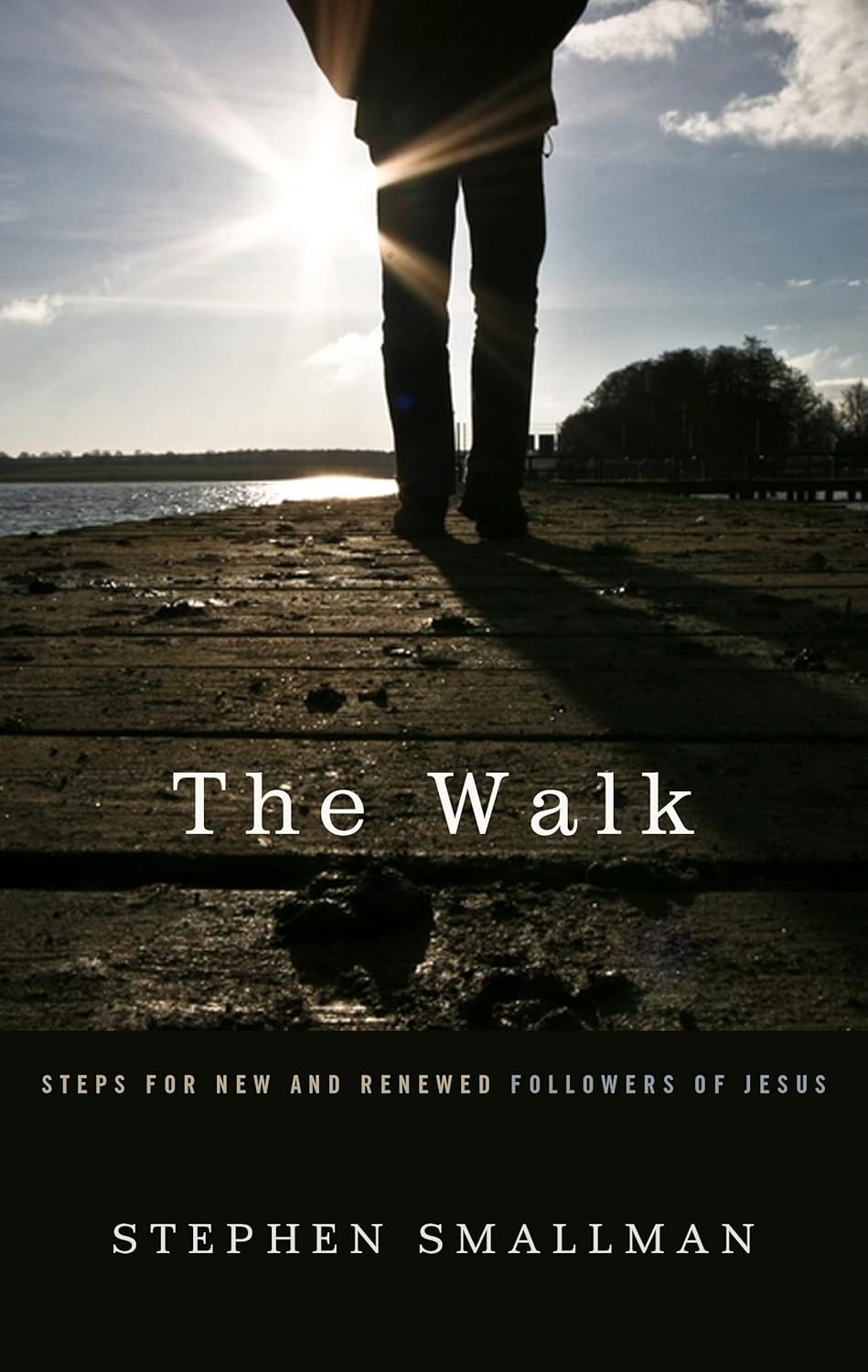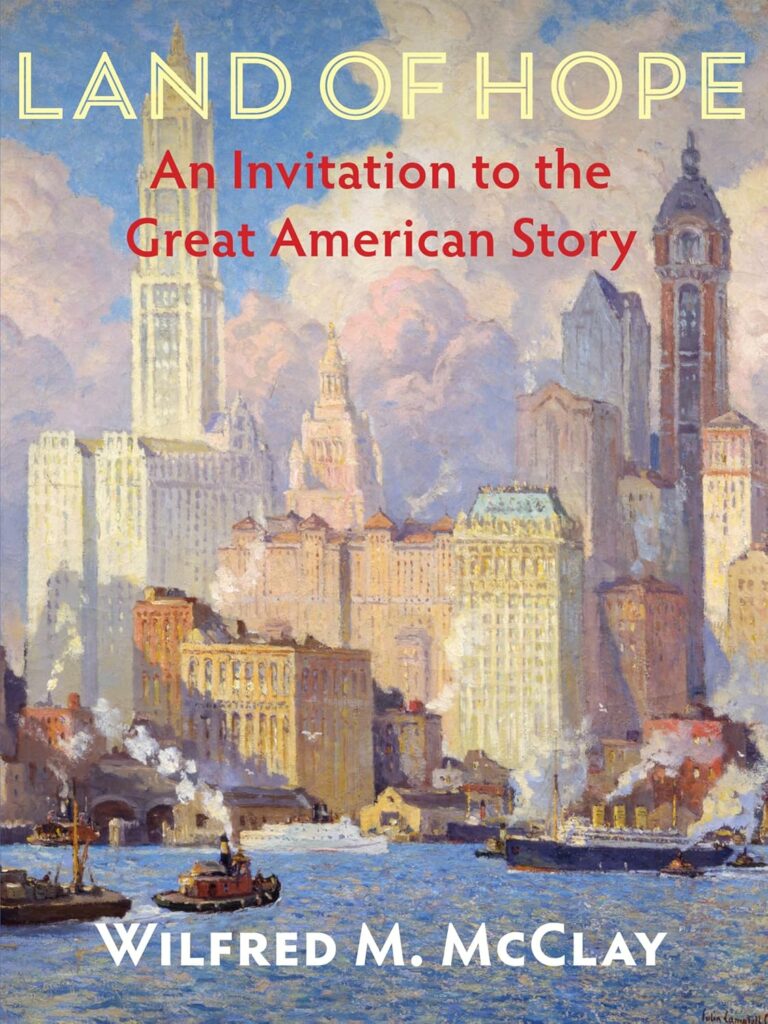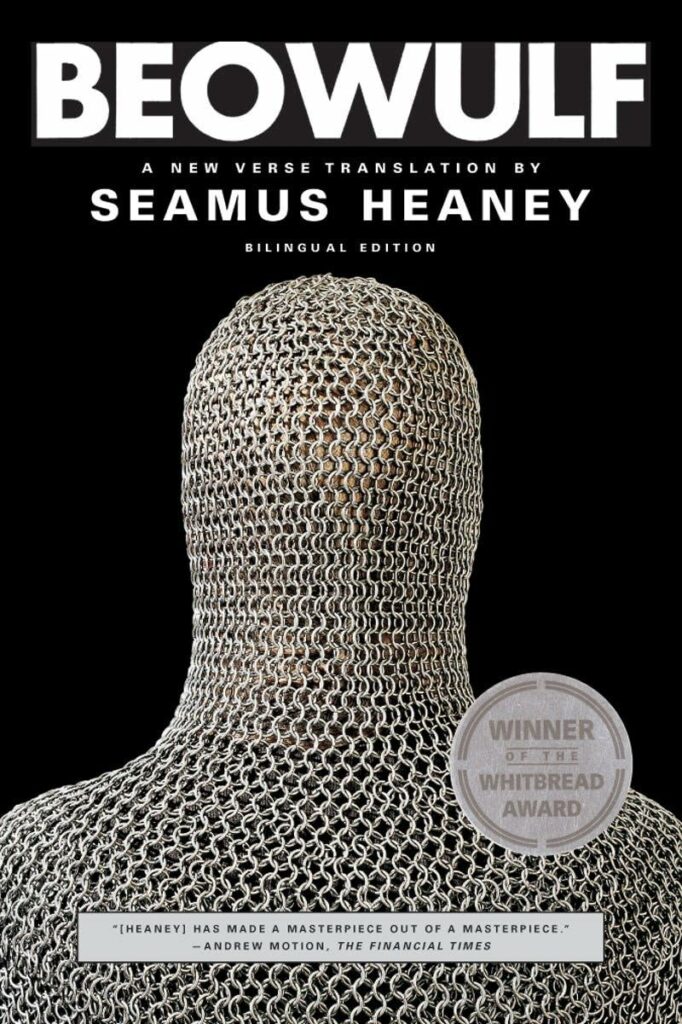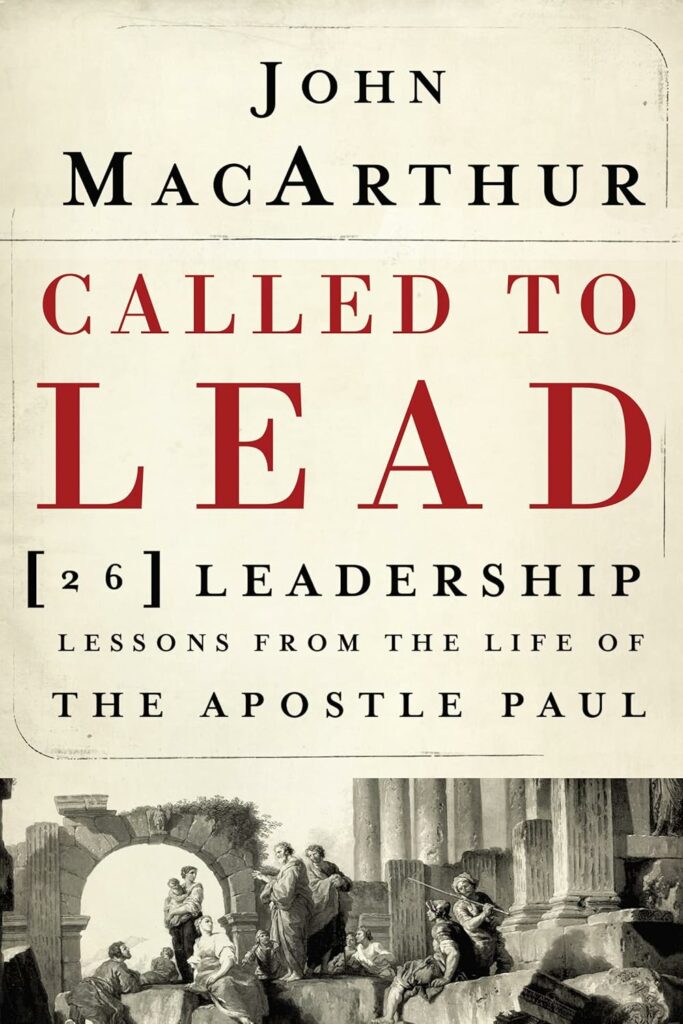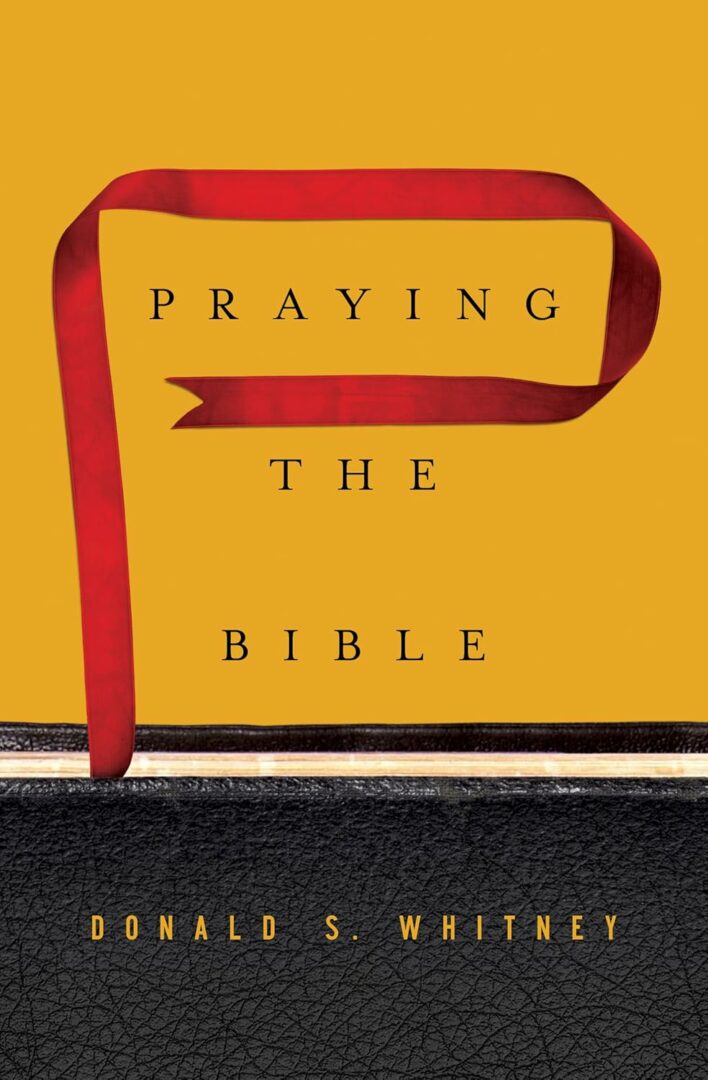
Have you ever found prayer boring? If you tend to pray about the same things in the same way, you probably have. The author of Praying the Bible believes prayer is a thrilling discipline when the Bible is used to guide it. He shows how to use the Bible, particularly the Psalms, to enrich your prayer life.
I highly recommend the book. It’s very short and if followed will make praying a joy.
(My Dad recommended this book to me, and I’m glad I read it. Thanks, Dad.)

